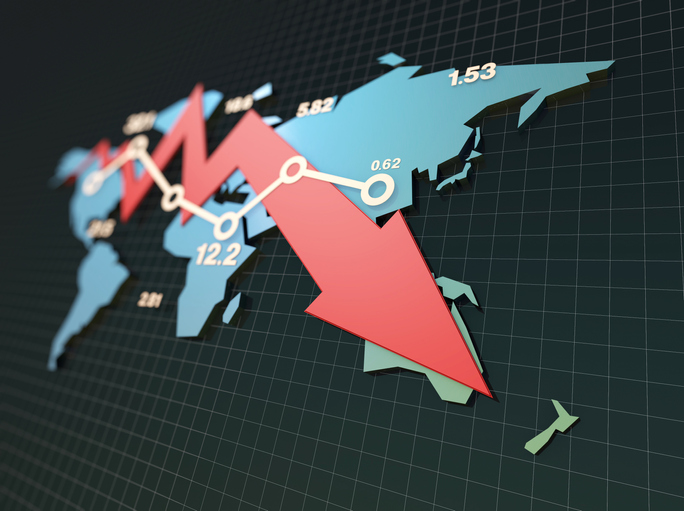The global economic slump has led to an increase in business debt defaults both locally and internationally. Corporate debt defaults have increased recently and are predicted to increase more in the months to come. The global economic slowdown, rising interest rates, and the conflict in Ukraine are some of the factors that are causing this.
Casino, a French retailer with net debt of 6.4 billion euros ($7.19 billion), and Thames Water, a British water company with debt of 14 billion pounds ($18.32 billion), are two businesses that are having trouble making their debt payments. Both businesses are finding it challenging to make their loan payments due to rising interest rates and diminishing earnings.
More businesses are having their credit ratings reduced to “junk,” which indicates that default risk is higher for them. This is due to the fact that rising interest rates make it more expensive for businesses to borrow money and some businesses are finding it difficult to produce adequate cash flow to pay their debts.
Rising corporate debt defaults are beginning to materialize as a threat, and this might have a detrimental effect on the world economy. Investment and economic growth may diminish if the rate of corporate debt defaults keeps increasing.
The ongoing trade spat between the United States and China, which is upsetting global supply networks and slowing economic development, is another factor that could be behind the spike in corporate debt defaults.
It’s critical to properly monitor the situation as a result of the troubling trend of rising corporate debt defaults. The world economy could be significantly impacted if the number of defaults keeps increasing.
Main factors and conclusions:
- Increasing interest rates: As interest rates rise, borrowing money for businesses becomes more expensive. Companies may find it challenging to meet their debt payments as a result, particularly if they are already contending with diminishing earnings.
- Global economic recession: The increase in corporate debt defaults is also a result of the global economic slowdown. Companies are seeing fewer sales and earnings as the economy grows more slowly. Because of this, it may be challenging for businesses to produce adequate cash flow to pay their debts.
- Conflict in Ukraine: The conflict in Ukraine is also hurting the world economy. Energy prices have increased as a result of the war’s disruption of supply chains. This makes it more challenging for businesses to run and may cause more defaults.
- Trade conflict: The ongoing trade conflict between the United States and China is also causing supply chains to break down globally and slowing down economic growth. More defaults on corporate debt might result from this.
- Brexit uncertainty: In the UK, firms are hesitant to invest due to the Brexit uncertainty. As a result, there might be less economic expansion and more corporate loan defaults.
- Increasing cost of living: This factor is straining household budgets and lowering consumer expenditure. Business sales may decline as a result, and there may be an increase in corporate loan defaults.





